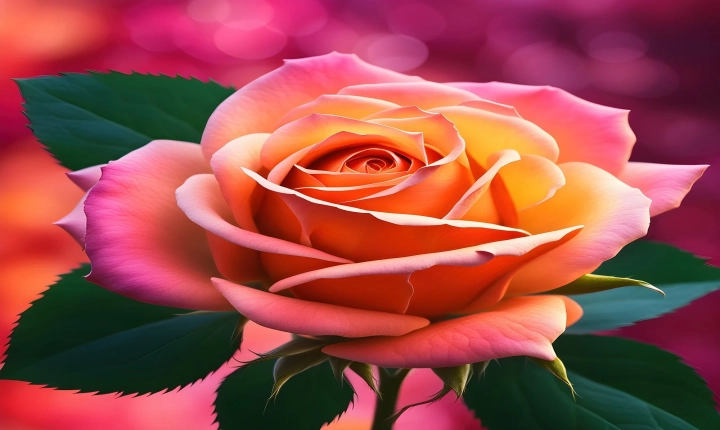AI has been making waves in nearly every industry, with its influence reaching the world of art in profound ways. From assisting artists in creating unique pieces to challenging the traditional notions of creativity, AI is redefining the art world as we know it. This powerful technology is changing the way art is both produced and appreciated, making a significant impact on the art community.
One of the most significant ways AI is affecting art is through its ability to aid and augment the creative process. Artists can now use AI algorithms to generate new ideas, textures, and compositions, providing an endless source of inspiration. This new approach not only saves time but also opens up doors to innovative methods that were previously unattainable. AI-powered tools can analyze historical art movements and styles, offering artists a deeper understanding of their craft and enabling them to explore new avenues for their work.
Moreover, AI is influencing the production of art itself. With the use of generative adversarial networks (GANs) and other AI techniques, artists can create unique, computer-generated artworks that challenge traditional notions of authorship and originality. These AI-generated pieces often blur the lines between human creativity and machine artistry, sparking conversations about the definition of art and the role of the artist in the creation process.
In addition to the production of art, AI is revolutionizing the way art is consumed and experienced. Artwork is now being curated and personalized for individual tastes through AI algorithms, providing art enthusiasts with tailored recommendations and a more immersive viewing experience. Furthermore, AI is empowering art conservation efforts by helping to restore and preserve artworks, ensuring their longevity for future generations to enjoy.
However, the integration of AI in the art world also raises complex questions and challenges. There are concerns about the potential devaluation of human creativity and the loss of the personal touch in art. Many worry that AI-generated art may diminish the authenticity and emotional depth that comes from human expression. Additionally, as AI becomes more prevalent in the art world, ethical issues regarding copyright and ownership of AI-generated art will need to be addressed.
Despite these challenges, it is clear that AI is reshaping the art landscape in powerful ways. Its influence is expanding the horizons of artistic creation, pushing the boundaries of conventional art forms, and prompting critical discussions about the nature of creativity and artistic expression. The fusion of AI and art is both inspiring and thought-provoking, bringing forth a new era of possibilities for artists, art enthusiasts, and the future of art itself.
